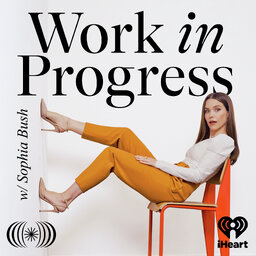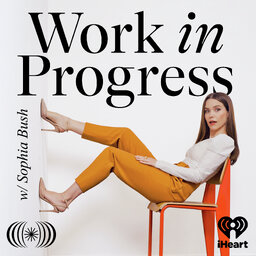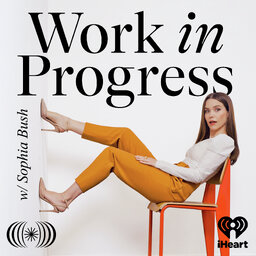Mary-Louise Parker is a Tony-, Golden Globe-, and Emmy-award winning actress. Mary-Louise joins Sophia on the podcast today to talk about she found acting as a way to speak to the world, her humanitarian efforts through both the David Lynch Foundation and Hope North, how social media can be used for the better, her book Dear Mr. You, and so much more!
Executive Producers: Sophia Bush & Rabbit Grin Productions
Associate Producers: Samantha Skelton & Mica Sangiacomo
Editor: Josh Windisch
Artwork by the Hoodzpah Sisters
This show is brought to you by Brilliant Anatomy
 Work in Progress with Sophia Bush
Work in Progress with Sophia Bush


